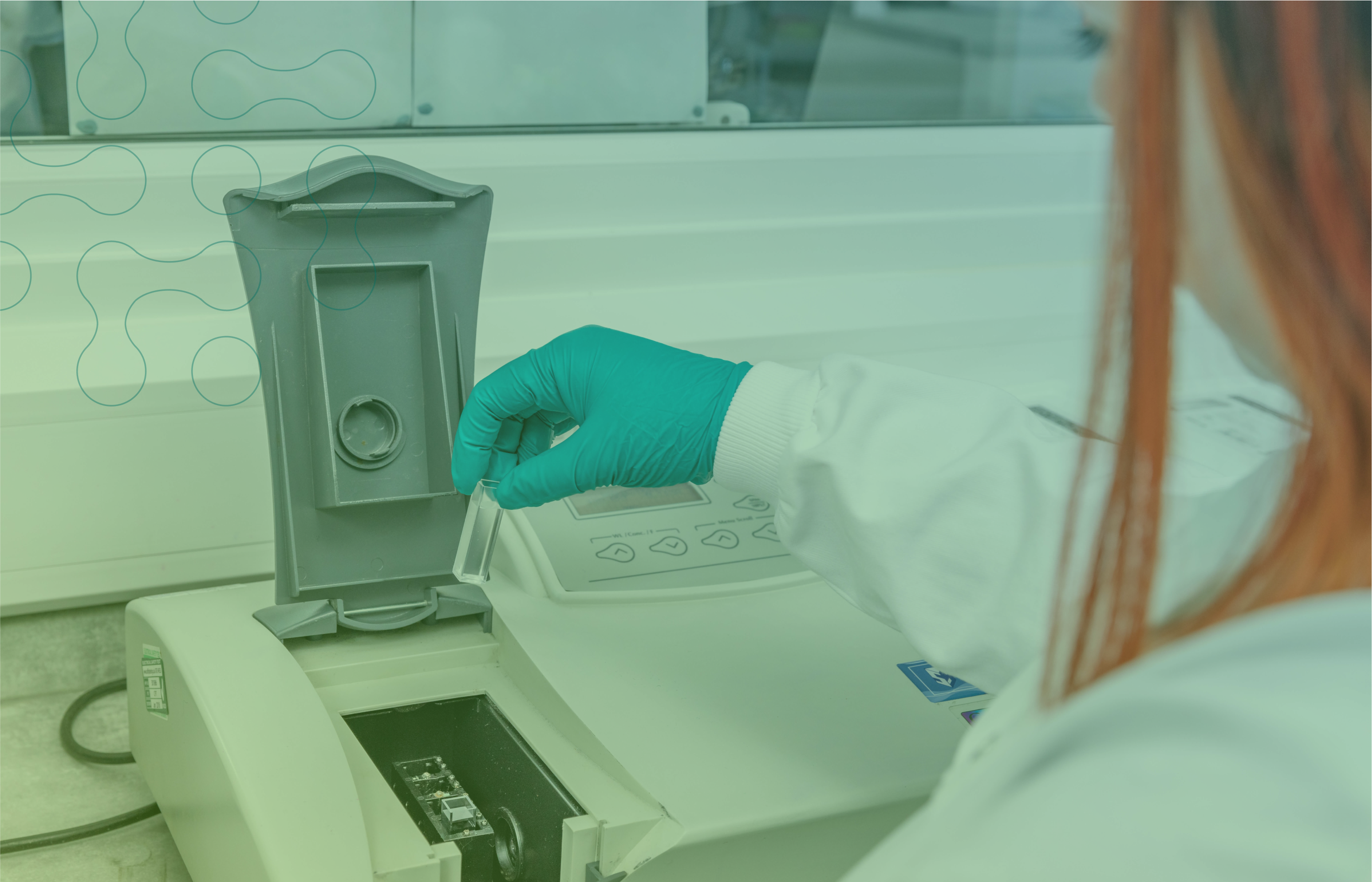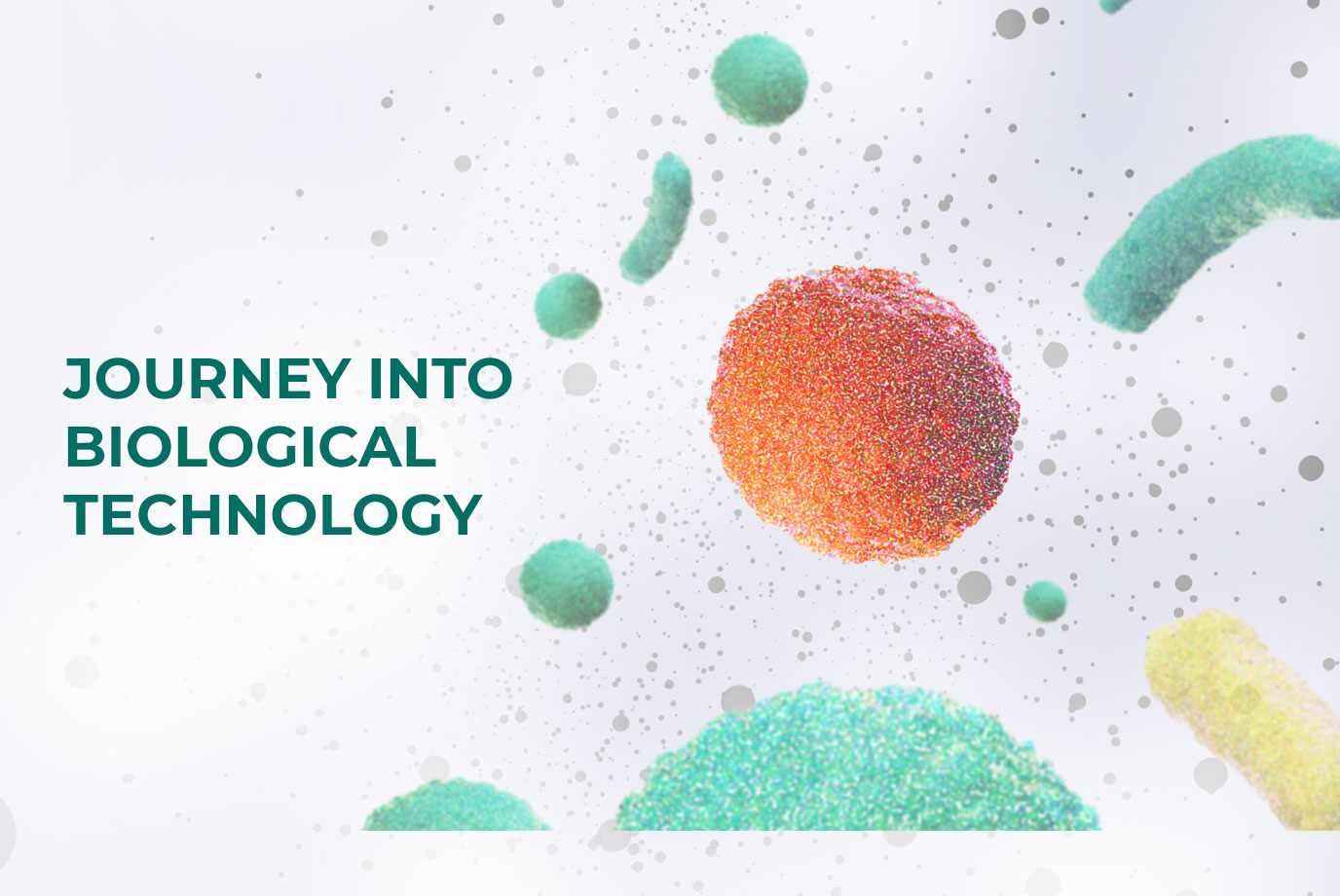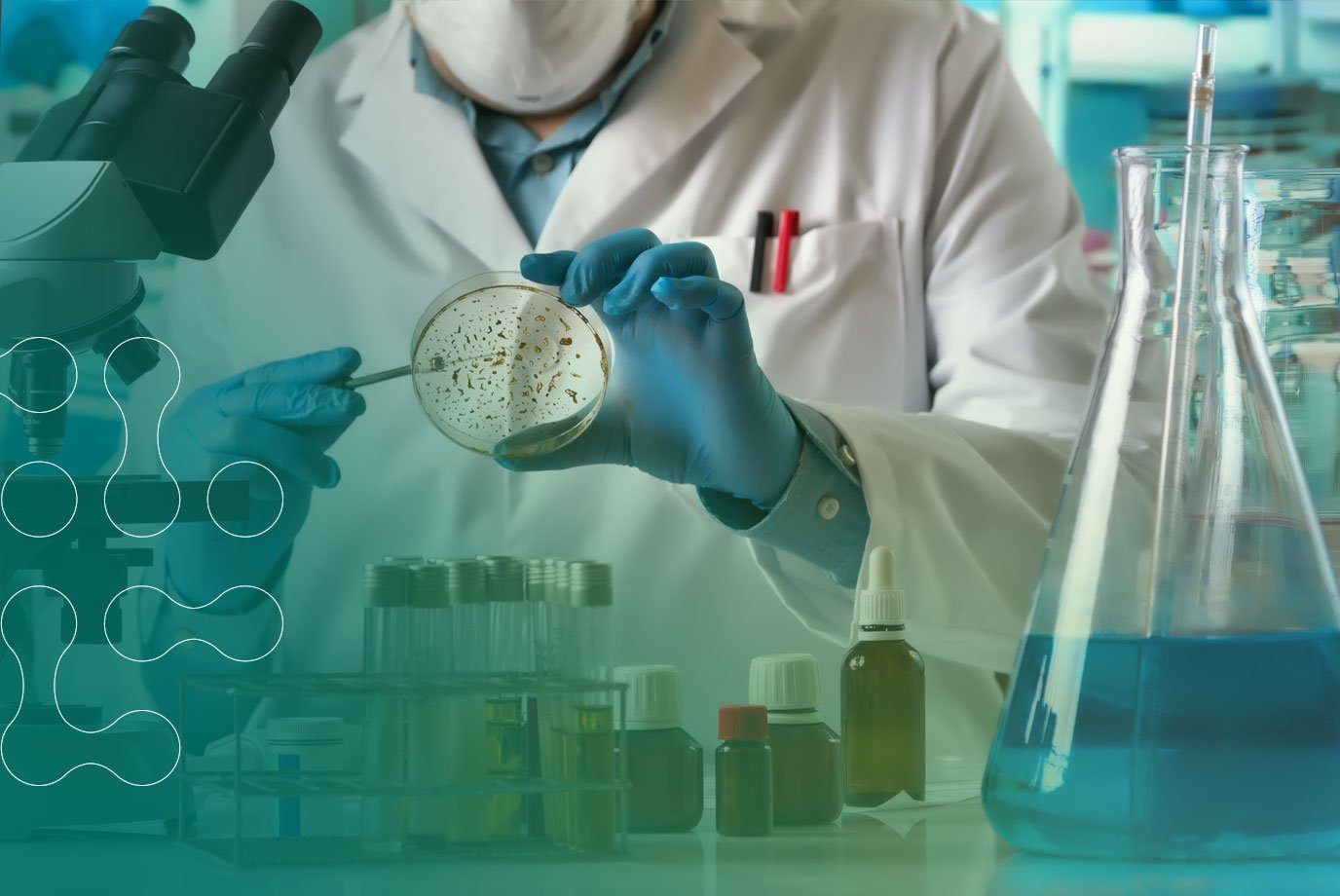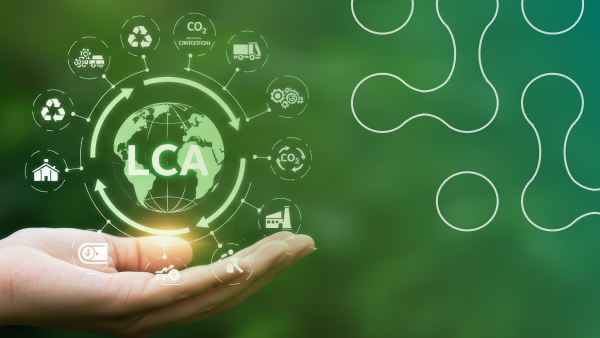In an urgent need to address climate change, businesses are under increasing pressure to reduce their carbon footprint.
The Greenhouse Gas (GHG) Protocol set global accounting standards to measure direct and indirect carbon emissions – Scopes 1, 2 and 3. More recently, a new voluntary metric for avoided emissions has entered the arena – though often lurking in the shadows – known as Scope 4.
In this article, we’ll explore what Scope 4 emissions are, the significant impact Scope 4 reporting can have on your sustainability mission, and the innovative solutions that are revolutionising the cleaning industry
What are Scope 4 emissions?
 Firstly, let’s take a look at how Scope 4 emissions differ from Scopes 1, 2 and 3 emissions.
Firstly, let’s take a look at how Scope 4 emissions differ from Scopes 1, 2 and 3 emissions.
- Scope 1: Direct emissions from sources that are owned or controlled by a company, such as emissions from fuel combustion, process emissions and fugitive emissions.
- Scope 2: Indirect emissions from the consumption of purchased electricity, heat or steam.
- Scope 3: All other indirect emissions in the value chain, such as emissions from the extraction and production of purchased materials, transportation of goods and services, and waste disposal.
- Scope 4: Emission reductions that occur outside of a product’s life cycle or value chain, but as a result of using the product. Scope 4 emissions are considered challenging to measure and control because they are avoided emissions.
Scope 4 emissions stem from:
- your supply chain
- the products you use
- the end-of-life treatment of the products you sell
- avoided travel and transportation
- product disposal.
Why is Scope 4 reporting so important?
In 2013, the GHG Protocol opened up a discussion about the need for a new standard to help companies quantify and report avoided emissions of goods and services that contribute to a low-carbon economy. Unlike their better-known counterparts – Scopes 1, 2 and 3 – there are currently no legal requirements to report or reduce Scope 4 emissions. But that doesn’t mean we shouldn’t.
Integrating Scope 4 emissions into your carbon accounting offers valuable insights into your overall environmental impact and will help you spot untapped opportunities to reduce emissions. It becomes your secret weapon, your competitive edge, in the battle against climate change.
Whilst the true scale of Scope 4 emissions is almost impossible to quantify, it’s worth noting that companies that grasp, address and report Scope 4 emissions can expedite their journey towards their emission reduction goals and wider sustainable impact.
Traditional cleaning products in Scope 4 emissions
The manufacturing, transportation and disposal of traditional cleaning products make the cleaning industry an unexpected but significant player in the carbon emissions game.
Businesses that want to transition from traditional cleaning solutions to more sustainable alternatives are now looking to biotechnology cleaning solutions to avoid emissions and herald a greener future.
Biotechnology cleaning solutions lead the way
 Biotechnology cleaning solutions stand at the forefront of this environmental transformation. Unlike conventional cleaning products, which are laden with harmful chemicals, these solutions leverage natural enzymes and microbes to break down dirt and stains, eliminating the need for harsh chemicals that contribute to Scope 4 emissions.
Biotechnology cleaning solutions stand at the forefront of this environmental transformation. Unlike conventional cleaning products, which are laden with harmful chemicals, these solutions leverage natural enzymes and microbes to break down dirt and stains, eliminating the need for harsh chemicals that contribute to Scope 4 emissions.
There are multifaceted benefits to using biotechnology cleaning solutions. Firstly, they are far better for human health. Secondly, they reduce emissions throughout the product life cycle – from production to transportation to disposal.
This aligns with the global push towards achieving net-zero emissions – which refers to the ideal state where the amount of GHGs released into the earth’s atmosphere is balanced by the amount of GHGs removed.
A green revolution – in the real world
To put the concept of avoided emissions into perspective, let’s consider a real-world case study. Housing 21 is a leading not-for-profit provider of retirement living and extra care properties for older people of modest means. In 2021, they began looking for a new range of cleaning products that would maintain a high level of hygiene throughout their properties but reduce their environmental impact.
By switching to BioHygiene’s naturally derived cleaning range, Housing 21 was able to reduce transport by up to 65%, carbon emissions by up to 89% and single-use plastic by up to 69%. The low-hazardous range also contributes to the health and safety of Housing 21 employees, residents and visitors.
Read more about our partnership with Housing 21.
At Biological Preparations, we quantify the cost and environmental savings that can be made by switching to products like BioHygiene and provide that data to our customers so they can use it as part of their environmental strategy and hit their sustainability targets.
On average, across our customers in 2022, a switch to BioHygiene delivered:
- 45% transport reduction
- 50% plastic reduction
- 90% carbon reduction
- 45% storage reduction
- 65% SKU reduction
- 25% cost saving
Companies embracing biotechnology cleaning solutions can proudly showcase their commitment to sustainability by quantifying their impact through data collection and reporting. And, in influencing other consumer choices, they foster a ripple effect in the global sustainability landscape.
The path to reducing your Scope 4 emissions
Scope 4 emissions might be the newcomers to the greenhouse gas emissions family, but they’re far from insignificant. Their hidden impact on a company’s carbon footprint underscores the importance of voluntary reporting and mitigation efforts. Biotechnology cleaning solutions offer a tangible path to reducing Scope 4 emissions while contributing to broader sustainability goals.
At Biological Preparations, we understand the urgency of Scope 4 reporting and the potential for biotechnology cleaning solutions to drive meaningful change. By harnessing the transformative power of biotechnology cleaning solutions, we can make Scope 4 reporting not just a corporate responsibility, but a catalyst for positive change.
Together, the cleaning sector can contribute to a more sustainable future and set an example for industries worldwide.
Contact us today to discuss how we can help your business take action, reduce your carbon footprint and embrace a cleaner, greener future.




